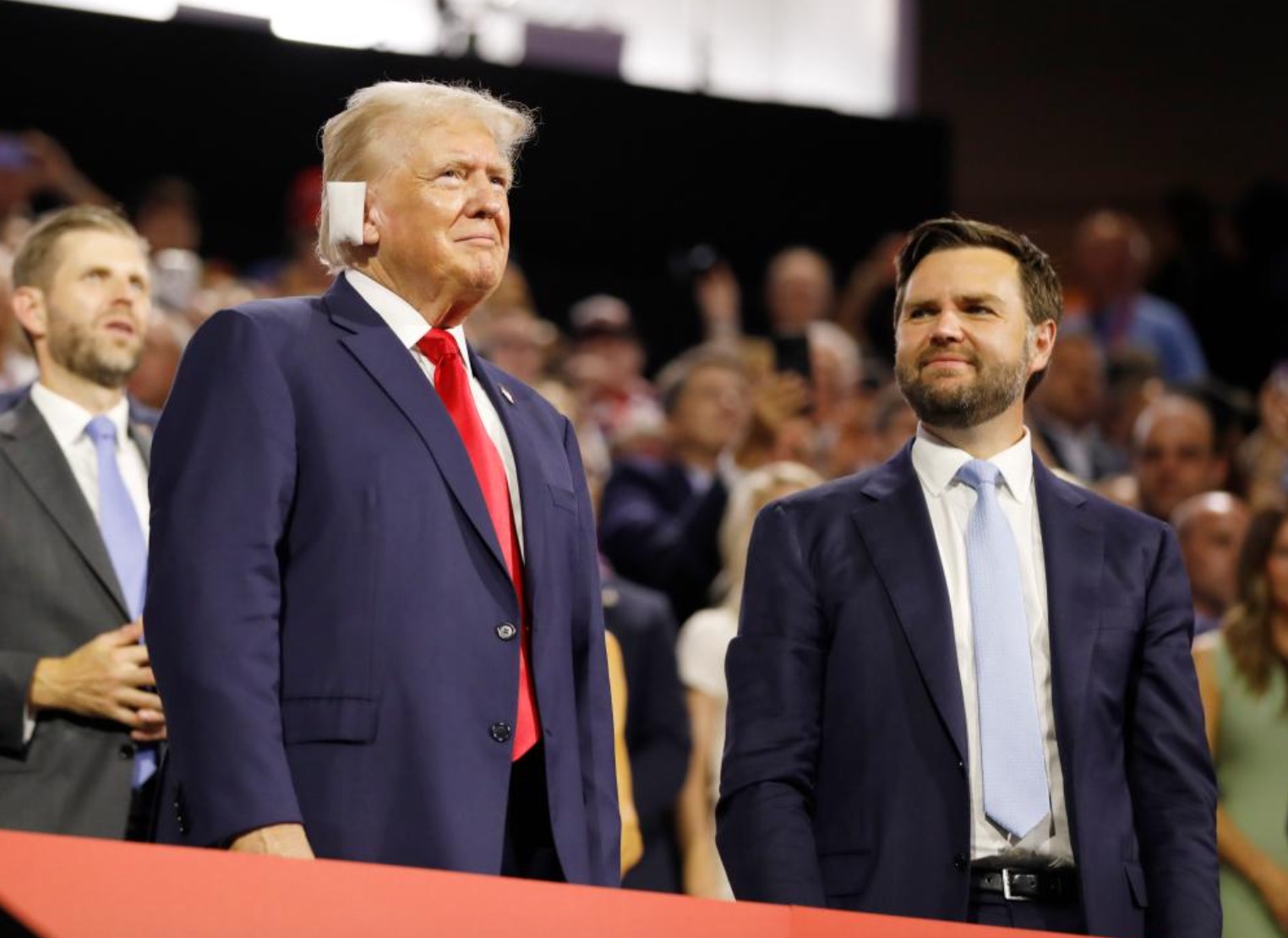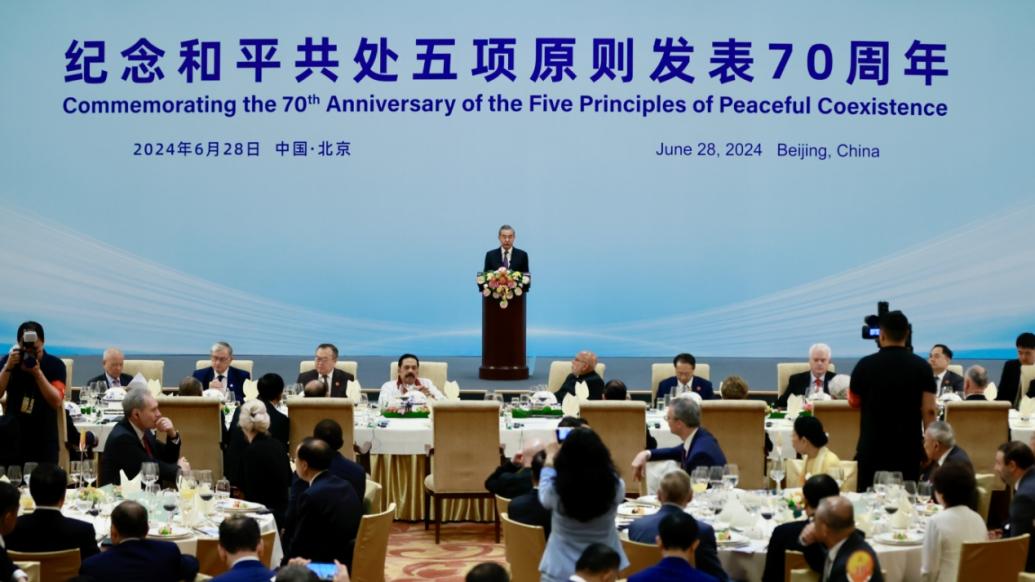
By Wen Xin Lim
Who is China’s True Friend After All?
Footage of Queen Elizabeth II making an unguarded comment on China’s diplomats leaked out early this month capturing the embarrassing moment of the British monarch’s rare diplomatic gaffe.
Chinese officials were described as “very rude” by Her Royal Highness, making the “golden handshake” between the two states last October more or less a frivolous political show. Be it cultural difference or misunderstanding, a big question that should be addressed by China, the gigantic emerging nation, is who is its true friend after all?
The United Kingdom was the first Western country to disregard the disapproval of the United States to join the Asian Infrastructure Investment Bank (AIIB) — an initiative by China. The Britain also prostrated before China to win over the RMB business by rolling out the red carpet for China during Xi Jinping’s visit to the UK in October 2015. After all this pomp and the lavish welcoming ceremony, the Queen’s comment is a real slap to the faces of both countries.
This is not the first time China took a blow from its so called glorified international relations with its sensible partners. China’s ties with the Democratic People’s Republic of Korea have traditionally been described as being “as close as lips and teeth.” Yet, this former comrade which "heavily relies on China for majority of its fuel and food" has turned out to be a recalcitrant neighbor, disregarding China’s soft stance on its nuclear development and continuing to show off its military capabilities.
Besides North Korea, Pakistan’s growing relationship with China has been a pivotal, strategic, and historic one. Pakistan holds a unique position in Chinese diplomatic circles. "The Chinese state media describes Pakistan as China’s only 'all-weather strategic cooperation partner'.” Both countries have placed regional economic cooperation and connectivity as top key priorities, of which the China-Pakistan Economic Corridor (CPEC) is the main pillar. While "many in India and the United States are alarmed about what they see as a China-Pakistan axis", it is questionable whether this alliance is truly genuine or simply a strategic move for an edge over India and the United States.
As China tries to win over its neighboring countries by pouring in capital for local infrastructure construction, many of these small states, due to the asymmetrical relations, do not construe China as a benign neighbor. Some projects were even stalled or halted for political considerations.
From the historical perspective, Imperial China has a long tradition — which lasted for two millennia — of alliances and foreign relations from the Qin dynasty to Qing dynasty, which the then-prosperous Imperial China had had an influential role on its neighboring and distant countries. Being economically more superior at that time, it was the center of world civilization, and even some of the European countries practically “kowtow” (bowed down) to its regional prowess under the tributary system.
Yet the dynasty was quickly challenged by the West, and eventually losing its hegemony to the British Empire, Soviet Union, and today’s world dominating United States. When China rises again as an economic superpower in the 21st century, countries seek shelter from the supremacy on one hand, and reap economic benefits from Chinese financial prowess on the other, trying to sail a fine line between openness and subservience.
While its alliance system can be onerous and burdensome to the US given its current economic and political conditions, it is this structured system that provides US the upper hand to recruit “comrades” under its democratic camp, including Japan, Australia, South Korea, etc. It is a straightforward and direct system which is based on mutual benefits and similar ideologies that the allies uphold.
China’s foreign relations on the other hand is like “guanxi” (network) in Chinese society — ambiguous, opaque and less well-defined. The central idea of “guanxi” can be very sentimental as it prevails upon one to perform a favor or service based on the experience that one has with the other party. In other words, the US has institutionalized its foreign relations with its comrades through an alliance system. It is however more difficult for China to do so under its existing foreign diplomacy which was heavily inherited from the past tributary system, a highly symbolic and ritualistic system that is different from Western diplomatic norms.
























1 Comments To This Article
dasein
on May 27, 2016 at 09:26 PM - Reply
1In addition to guanxi, another problem with Chinese foreign policy is its blind faith in the realist tradition of International Relations theory, aka, states are motivated by self-interests and desire for power. Values, rules, and morality only play a very marginal role in Beijing's foreign policy making. In this sense, how could Chinese make friends based on shared values or moral concerns, rather than on money and power?